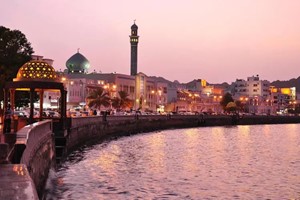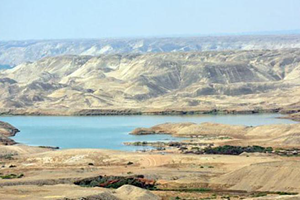The Zagreb public utility Vodoopskrba i Odvodnja (ViO) has assumed management of the city's central wastewater treatment plant, previously managed by private concessionaire Zagrebačke Otpadne Vode (ZOV) for 24 years. ZOV, owned by Germany-registered firms Wassertechnik (a subsidiary of Austria-based EVN) and Westenergie Aqua (owned by E.ON), had a concession contract signed in 2000 for a duration of 28 years.
However, the City of Zagreb highlighted its intent to build a waste management center and a new wastewater treatment facility as primary reasons for terminating the contract early. By reclaiming the strategically important land, spanning one million square meters, the city can proceed with the construction of the waste management center without delay. Mayor Tomislav Tomašević stated that the plan is to complete the new wastewater treatment facility by 2028, which will facilitate the closure of the main landfill in Jakuševec. This landfill has been problematic for years, with a serious injury reported in December when a portion of it collapsed.
The investment for the new wastewater treatment facility is estimated at EUR 94 million. The City of Zagreb intends to apply for EU funds to support this project, which is feasible only if the plant is managed by a public firm, as mandated by the new Law on Water Services. The law prohibits private firms from providing wastewater treatment services, making Zagreb the only city in Croatia that had such an arrangement.
The transition of management from ZOV to ViO includes the transfer of assets and employees, with 93% of the workers opting to join the city-owned firm. This transition follows six months of negotiations. Although the concession termination payment is still under discussion, Mayor Tomašević asserted that an analysis shows the city would save money by ending the concession early, compared to waiting until 2028 for the contract's expiration. Should an agreement on the termination payment not be reached, arbitration will ensue.
The city's authorities believe that taking over the wastewater treatment plant facilitates the construction of a modern facility and the application for European Union co-financing. The overall objective is to enhance waste management infrastructure while adhering to new legal requirements and financial prudence.
By Vladimir Spasić











